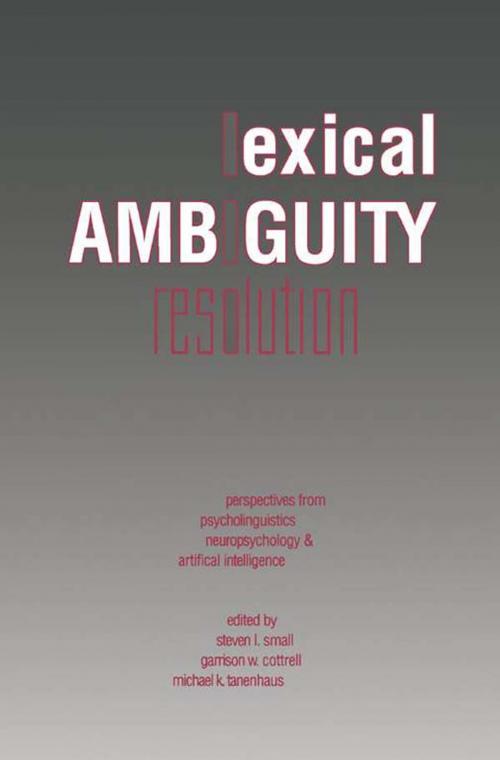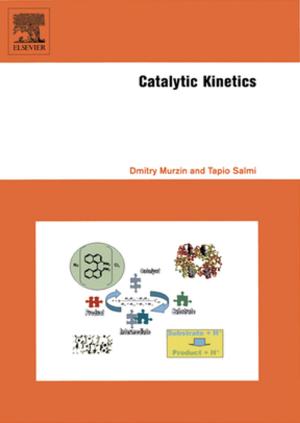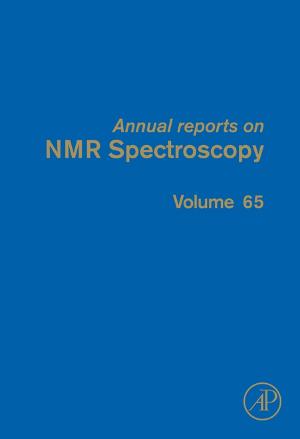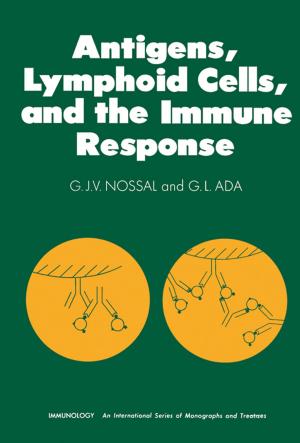Lexical Ambiguity Resolution
Perspective from Psycholinguistics, Neuropsychology and Artificial Intelligence
Nonfiction, Computers, Advanced Computing, Artificial Intelligence, Health & Well Being, Psychology, Neuropsychology, General Computing| Author: | ISBN: | 9780080510132 | |
| Publisher: | Elsevier Science | Publication: | October 22, 2013 |
| Imprint: | Morgan Kaufmann | Language: | English |
| Author: | |
| ISBN: | 9780080510132 |
| Publisher: | Elsevier Science |
| Publication: | October 22, 2013 |
| Imprint: | Morgan Kaufmann |
| Language: | English |
The most frequently used words in English are highly ambiguous; for example, Webster's Ninth New Collegiate Dictionary lists 94 meanings for the word "run" as a verb alone. Yet people rarely notice this ambiguity. Solving this puzzle has commanded the efforts of cognitive scientists for many years. The solution most often identified is "context": we use the context of utterance to determine the proper meanings of words and sentences. The problem then becomes specifying the nature of context and how it interacts with the rest of an understanding system. The difficulty becomes especially apparent in the attempt to write a computer program to understand natural language. Lexical ambiguity resolution (LAR), then, is one of the central problems in natural language and computational semantics research.
A collection of the best research on LAR available, this volume offers eighteen original papers by leading scientists. Part I, Computer Models, describes nine attempts to discover the processes necessary for disambiguation by implementing programs to do the job. Part II, Empirical Studies, goes into the laboratory setting to examine the nature of the human disambiguation mechanism and the structure of ambiguity itself.
A primary goal of this volume is to propose a cognitive science perspective arising out of the conjunction of work and approaches from neuropsychology, psycholinguistics, and artificial intelligence--thereby encouraging a closer cooperation and collaboration among these fields.
Lexical Ambiguity Resolution is a valuable and accessible source book for students and cognitive scientists in AI, psycholinguistics, neuropsychology, or theoretical linguistics.
The most frequently used words in English are highly ambiguous; for example, Webster's Ninth New Collegiate Dictionary lists 94 meanings for the word "run" as a verb alone. Yet people rarely notice this ambiguity. Solving this puzzle has commanded the efforts of cognitive scientists for many years. The solution most often identified is "context": we use the context of utterance to determine the proper meanings of words and sentences. The problem then becomes specifying the nature of context and how it interacts with the rest of an understanding system. The difficulty becomes especially apparent in the attempt to write a computer program to understand natural language. Lexical ambiguity resolution (LAR), then, is one of the central problems in natural language and computational semantics research.
A collection of the best research on LAR available, this volume offers eighteen original papers by leading scientists. Part I, Computer Models, describes nine attempts to discover the processes necessary for disambiguation by implementing programs to do the job. Part II, Empirical Studies, goes into the laboratory setting to examine the nature of the human disambiguation mechanism and the structure of ambiguity itself.
A primary goal of this volume is to propose a cognitive science perspective arising out of the conjunction of work and approaches from neuropsychology, psycholinguistics, and artificial intelligence--thereby encouraging a closer cooperation and collaboration among these fields.
Lexical Ambiguity Resolution is a valuable and accessible source book for students and cognitive scientists in AI, psycholinguistics, neuropsychology, or theoretical linguistics.















